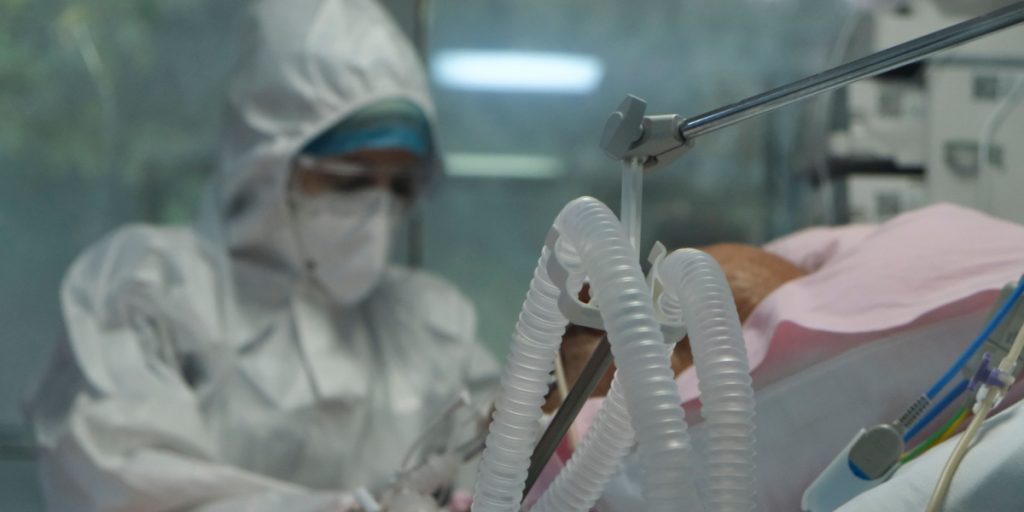A new government order allows medical staff without university degrees to take on doctor roles.
Others are reading now
Starting September, mid-level medical staff in Russia without university degrees will take on roles traditionally held by doctors.
According to The Moscow Times, the decision aims to plug a widening gap in rural healthcare.
Paramedics to Step In Where Doctors Are Missing

In response to a growing crisis in its healthcare system, Russia will allow paramedics and midwives without higher medical education to act as primary care providers beginning September 1.
This was confirmed by State Duma Health Committee member Tamara Frolova in comments to RIA Novosti.
The policy is intended to address a critical shortage of doctors across the country, especially in rural and underserved regions.
Also read
What’s Changing?
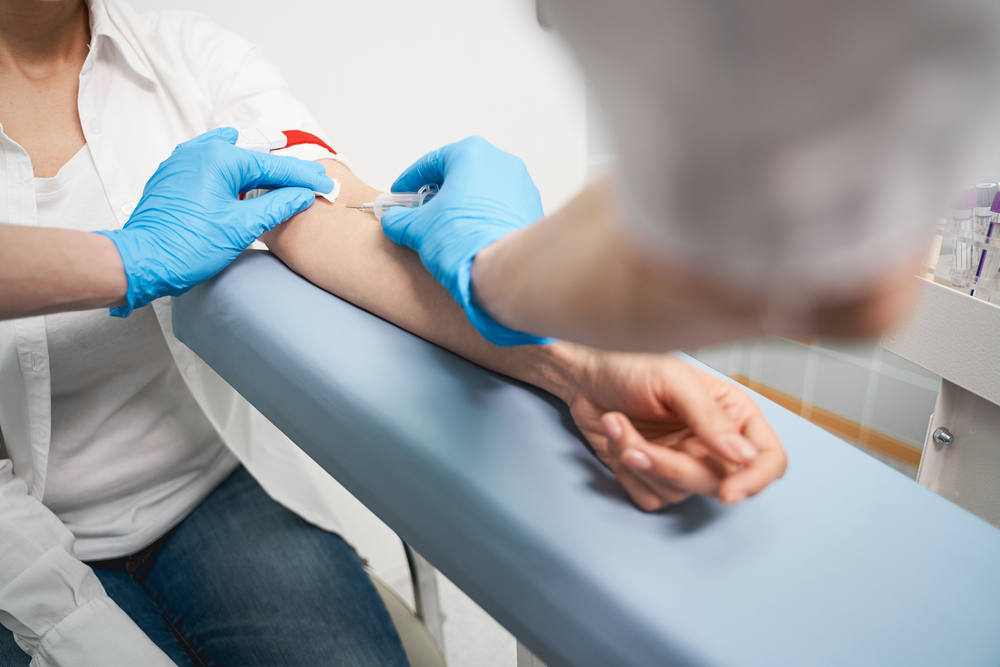
Under the new rules introduced by the Ministry of Health, non-degree-holding medical personnel will be permitted to conduct patient exams, take medical histories, run basic tests, prescribe medications, and refer patients to specialists when necessary.
Their authority will apply within the realm of primary health care and emergency services, and only with approval from the head of a medical institution.
Shortages Reaching Critical Levels
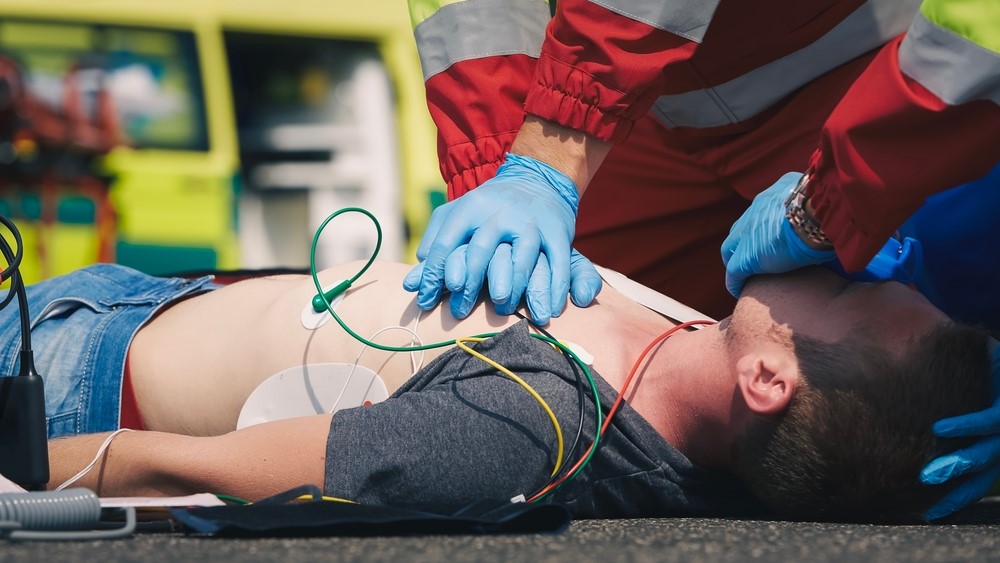
According to figures presented by Health Minister Mikhail Murashko earlier this year, Russia is short by 23,300 doctors and 63,600 mid-level healthcare workers nationwide.
The situation is particularly dire in rural areas.
Speaker of the State Duma Vyacheslav Volodin recently noted that some medical institutions in the countryside are operating with just half the necessary staff, leading to widespread delays in care and a drop in the quality of available medical services.
Also read
From Clinics to Feldsher Stations
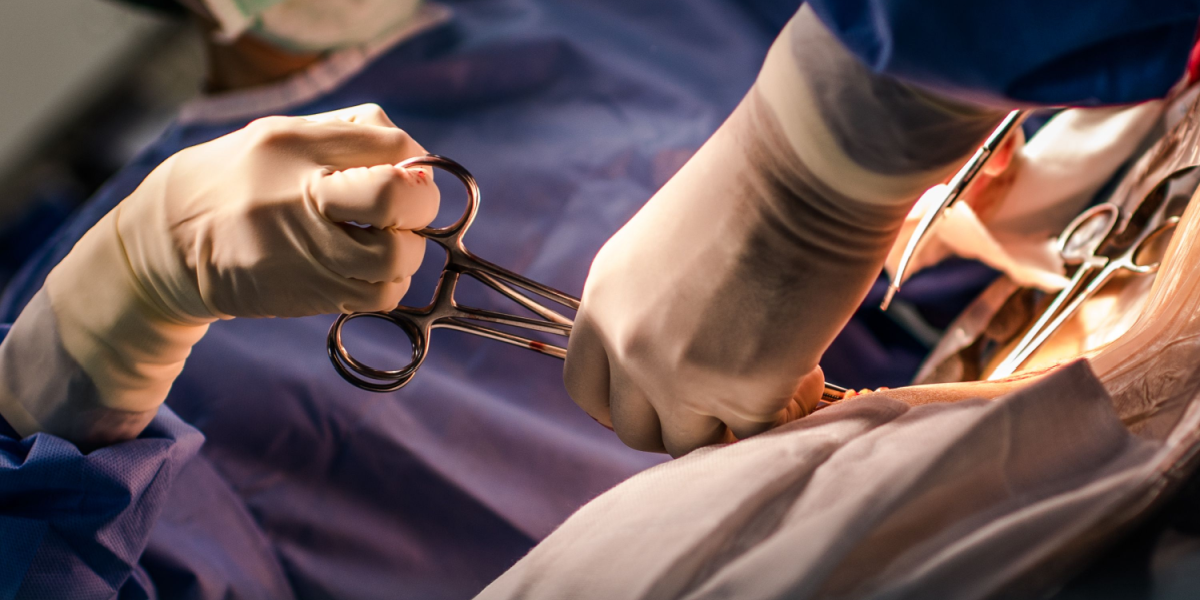
The new policy will mainly affect feldsher-midwife stations (FAPs)—small outpatient facilities often located in rural villages—as well as polyclinics and outpatient centers, which are typically the first point of contact for Russian patients seeking non-urgent care.
Frolova defended the change as a necessary step to maintain basic healthcare access in isolated communities where fully qualified doctors are simply unavailable.
Foreign Help Considered
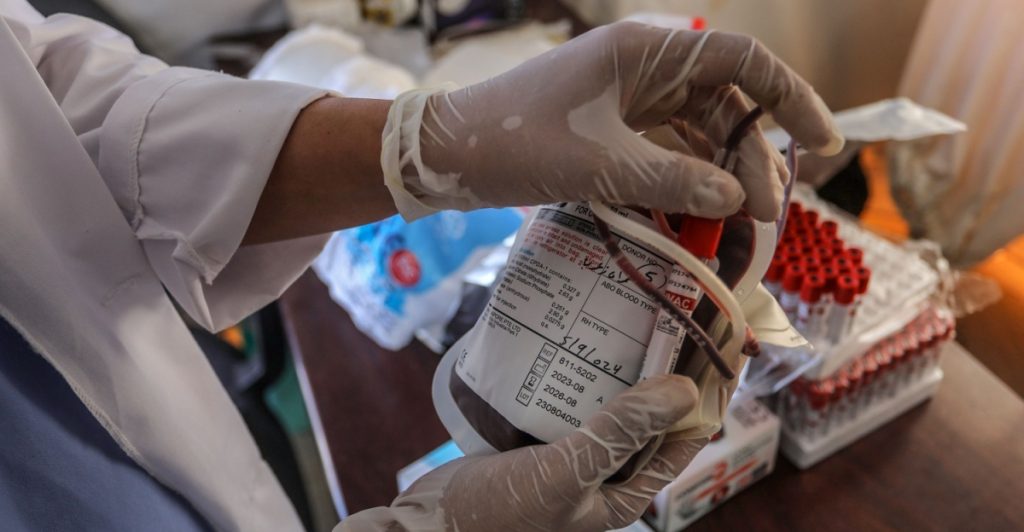
While the stopgap measure may relieve some pressure, experts warn it’s not a long-term fix.
Andrey Klepach recently floated the idea of importing medical workers from abroad.
In July, Klepach suggested that Russia could bring in tens of thousands of Cuban doctors, citing Havana’s history of deploying medical professionals to Latin America and Africa.
Also read
“Russia has depended on migrants for centuries, and today highly qualified foreign specialists are especially needed,” he said.

